So, How Worried Should You Be?
Let’s set the scene. You flop down on the couch at the end of a long, weirdly stressful Thursday. You realize your feet are tingling again—like they’ve got a mind of their own, maybe sending Morse code to your socks. Peripheral neuropathy isn’t just some wordy thing your doctor throws at you (“nerve damage,” blah blah) … it pops up right in your living room, messing with your Netflix marathon.
Somewhere in that late-night spiral, maybe you’ve Googled it: “life expectancy with peripheral neuropathy.” And yeah, I’ve been down that rabbit hole, too. Do those nerve zaps really mean you’ll live fewer years? Or is it another overblown WebMD panic? Grab your favorite fuzzy blanket, because we’re about to untangle the real story together. (Tiny spoiler—it’s complicated, but it’s not all doom.)
Behind the Numbers
Where Does the “Shorter Life” Thing Come From?
Okay, let’s get a little nerdy (but only for a minute): Scientists have actually tracked this stuff. One big study followed thousands of adults for over a decade and found that older people with peripheral neuropathy had an average survival of about 10.8 years… while their no-neuropathy pals clocked in at 13.9 years research on outcomes in neuropathy.
So, yes—on paper, life expectancy with peripheral neuropathy can be reduced, especially for the 65+ crowd. But pause that panic: It’s rarely the neuropathy itself that’s the villain. It’s usually what’s behind it (think: diabetes, long-term alcohol use, chemo, gnarly infections).
Table: What Shapes Your Years?
| Major Factor | How It Impacts Life Expectancy |
|---|---|
| Diabetes | Increases risk for heart disease and other major complications. If managed poorly, can carve years off. |
| Age | Older age = higher risk. Over 54% of people 85+ have neuropathy, and the stakes go up. |
| Severity | Mild = low impact; severe or ignored cases move the needle more—think falls, immobility, infections. |
What’s Really Causing the Risk?
Is It the Nerves—Or Everything Else?
First off, having tingling toes alone doesn’t shave years off your life. (Whew.) Most folks with mild, well-managed symptoms keep on trucking, doing everything they always did. But with big stuff like uncontrolled diabetes, autoimmune diseases, or vitamin B12 disaster… that’s where the trouble really ramps up according to elevationhealthcenter.com’s breakdown.
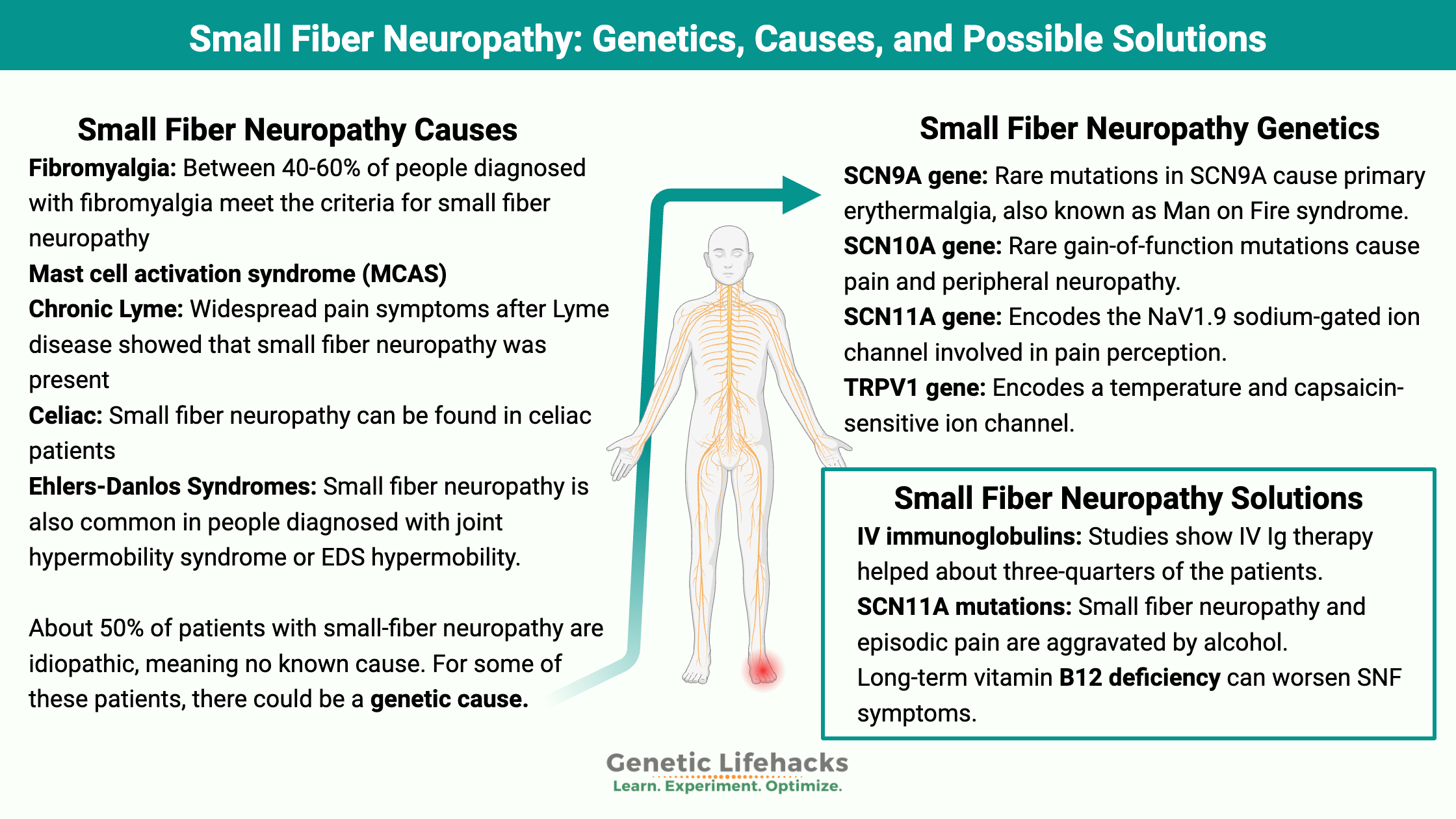
Let’s be real: No one wants to hear statistics about “increased mortality.” But context is everything. A lot of the risk comes from how those underlying health issues set you up for things like heart problems, kidney issues, or—been-there-done-that—tripping over your own feet at 2am.
Can you actually become paralyzed? Well, if you’re up late worrying, just check out Can you become paralyzed from peripheral neuropathy for some straightforward myth-busting.
Balance, Falls, and the “Domino Effect”
Here’s where it gets annoyingly sneaky: People with moderate or severe neuropathy lose their sense of “where am I in space?” One tiny ankle fold, trip on the dog’s toy… suddenly you’re picking gravity over dignity. And studies show that one reason for reduced life expectancy with peripheral neuropathy is that falls become more common—and more dangerous as we age research on falls and survival in neuropathy.
Funny story? My uncle Joe insisted he “didn’t need a cane” until he cracked his shin on the coffee table trying to avoid the dog. After that, he started strength training and, I kid you not, swaggered into his next checkup like a Marvel hero.
Day-to-Day: Is Life Expectancy in Your Hands?
Let’s Get Personal—What Affects Your Years?
Honestly, everyone’s journey with peripheral neuropathy is a little different. The big ones that tip the scale:
- Underlying Cause: Diabetes? That’s a tougher road—unless you’re on top of your sugar game. Chemo-related? Prognosis looks different, often better if treatment ends and nerves heal.
- Severity: If your symptoms are mild, you may not notice any difference in life expectancy. It’s those who walk around with numb feet for years—without seeking help—who get into murky territory.
- How Active You Stay: Folks who don’t let neuropathy turn them into couch potatoes, but instead move (even clumsily!), tend to do better.
- Early Treatment: Getting on top of neuropathy early can make all the difference. There’s real power in prevention—don’t underestimate it.
I had a patient (let’s call her Sarah) who barely mentioned her numb feet until she realized she was missing out on walks with her grandkids. A little grip strength training and daily foot checks? She got back to her “competitive” grandma races in six months, and yes—she still loses on purpose, but don’t tell the kids.
You Can Do Stuff—Really!
Here’s How to “Up Your Odds”
So, what if you want to stack the deck in your favor? Here’s what the studies (and actual real-world humans) suggest:
- Stay Active (But Be Smart): Walking, water aerobics, even gentle yoga. Every bit of movement builds strength and confidence, slashing the risk of falls (and all the dominoes after that).
- Balance Training: This one’s big. Even 5 minutes a day on your tiptoes or single-leg stance can nudge your balance back in the right direction.
- Go All-In on Blood Sugar (If Diabetic): The tighter your control, the slower your nerves fade. It’s not magic, but it’s the next best thing according to Healthline’s deep dive.
- Don’t Dodge Doctor Visits: There’s a temptation to brush off symptoms as “just getting older.” But regular checks can catch little changes before they get serious.
Oh, and if sleep is a nightmare? Seriously, check out how to sleep with peripheral neuropathy for ideas that aren’t just Tylenol PM and crossed fingers.
Severe Neuropathy: Now What?
Is It All Downhill…Or Not?
Let’s be honest. Severe neuropathy can feel like a freight train—pain, numbness, muscle weakness, all of it. If left unchecked, it can absolutely knock years off your clock, especially because you may get less mobile, eat less, or avoid friends and family (huge risk factors for decline). But—and it’s a massive but—a lot of folks let it sneak up because they’re embarrassed, frustrated, or flat-out exhausted.
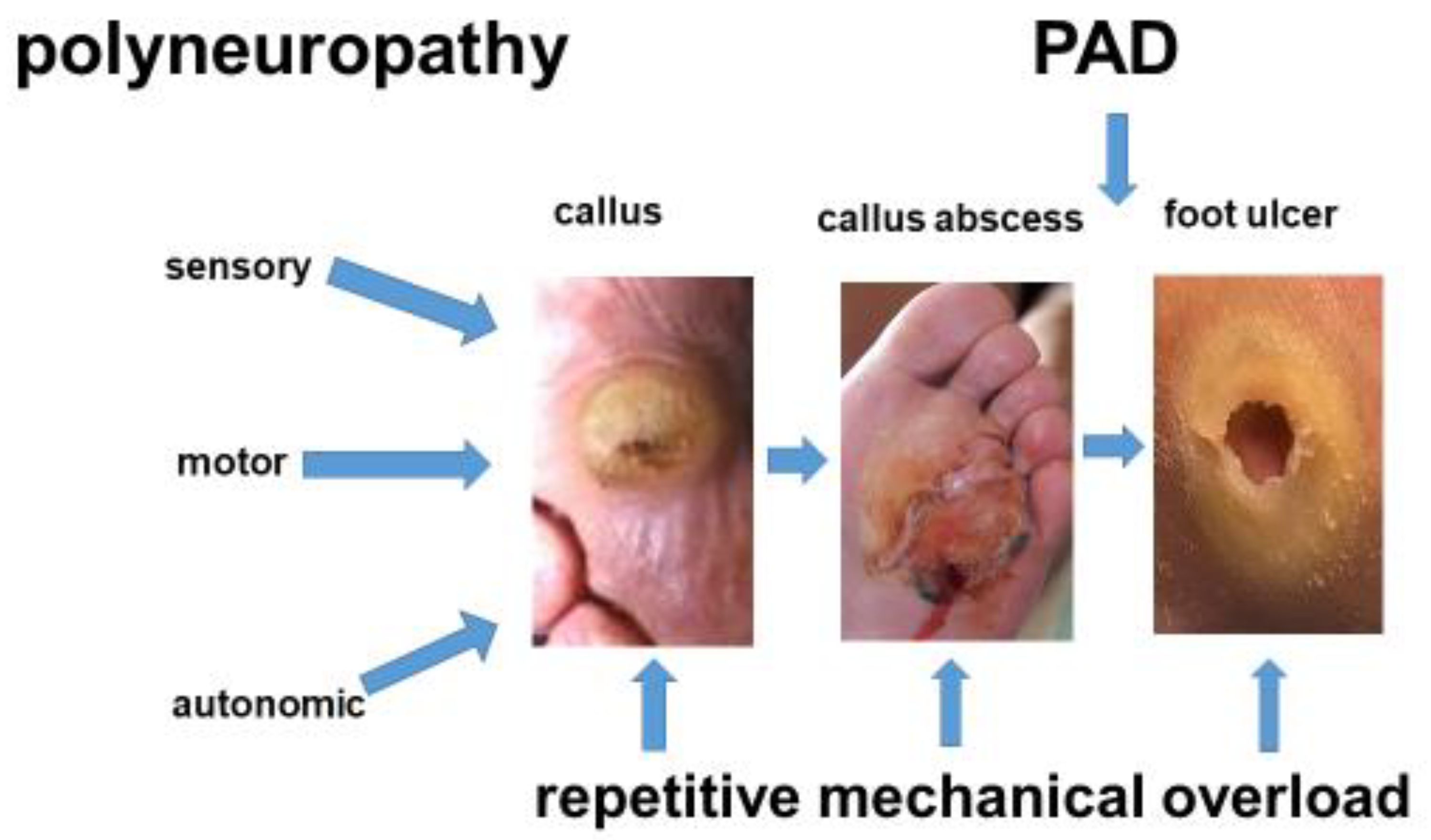
It’s tough to put a number on things, but here’s a rough ballpark from the most robust studies: If you take a large group of older adults, those with severe peripheral neuropathy may see a life expectancy that’s two to three years shorter than their peers according to Elite Family Chiropractic. But if you manage the cause (like diabetes), keep moving, and don’t ignore symptoms? Many live just as long—and better.
If you ever wonder “what if my neuropathy gets so bad that I can’t walk or control my muscles,” definitely give Can you become paralyzed from peripheral neuropathy a read. The answer may actually calm your nerves (pun intended).
Real Talk: How Life Looks (and Feels) Going Forward
Making the Most of It—Day by Day
Here’s the honest truth: Having peripheral neuropathy isn’t an automatic sentence to misery or a dramatically shortened life. It’s just a new chapter. You might need to tweak your routines, get serious about foot care, and ask for help sooner than you used to. These are all power moves, not weaknesses.
If you find sleep elusive (or, like me, you get grumpy after bad dreams about zombie toes), take a break and read up on how to sleep with peripheral neuropathy. Sometimes, the simplest tricks—better socks, white noise, careful nighttime stretching—can change your mood and outlook by morning.
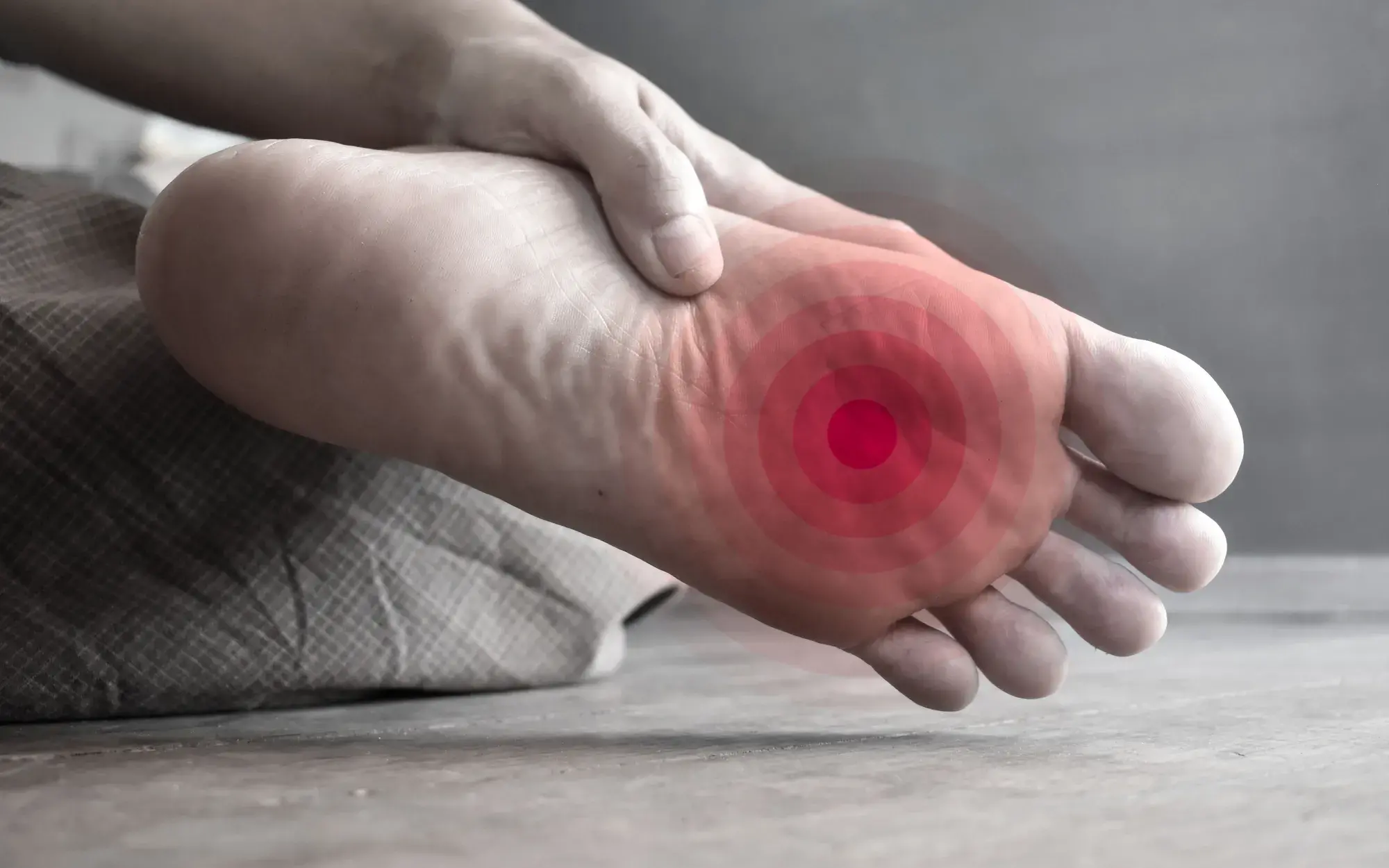
A final word: If you’re noticing new or worsening numbness, pain, or just a sense that you “aren’t yourself,” don’t tough it out. Early action, regular movement, and a little self-kindness go way further than you’d think.
Let’s Wrap This Up (and Keep You Moving Forward)
So… Is life expectancy with peripheral neuropathy really something to lose sleep over? Here’s the deal: Yes, it cancut a couple of years from your story, but a lot depends on why you have it, how severe it is, and—most importantly—how you take care of yourself moving forward. The scary averages you see? They don’t factor in grit, hope, or the power of a stubborn streak.
So what’s next? Don’t ignore those weird sensations or brush off symptoms as “just aging.” Bring your questions (and maybe this article) to your next doctor’s visit. Commit to a daily walk. Try some balance work. Phone a friend for accountability. Your future self—tingly toes and all—will thank you.
What do you think: Is there one small shift you could try out this week? Share your thoughts, stories, or wildest sleep hacks. We’re all in this together.

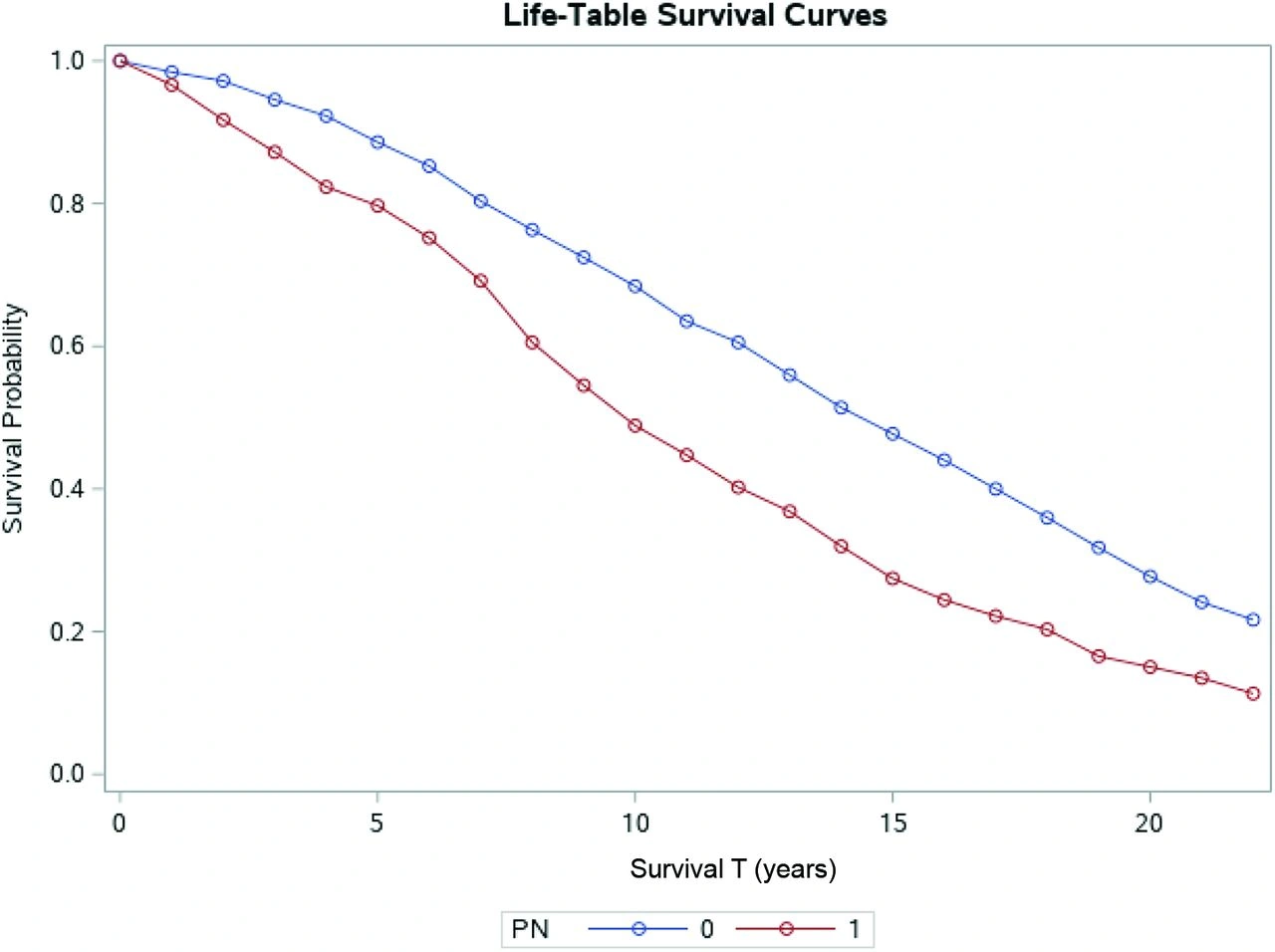


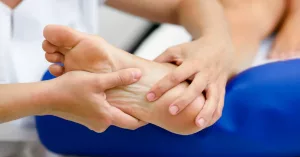



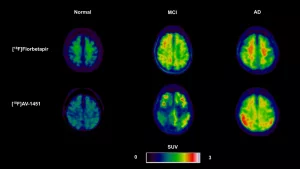

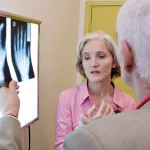













Leave a Reply
You must be logged in to post a comment.